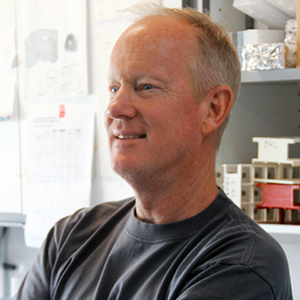Posterior capsule opacification is the main complication of cataract surgery. Using adenovirus-mediated gene transfer, we recently reported that it was feasible to prevent PCO by overexpressing pro-apoptotic molecules such as procaspase 3 or Bax in the residual lens epithelial cells post-cataract surgery. However, this approach is feasible only if gene transfer can be restricted to the residual cells responsible for PCO. Initially, we tested an adenovirus (human serotype 5, HAd5), a lentivirus (HIV) and an oncoretrovirus (MLV) vector for the their in vivo transduction efficiency of rabbit lens cells. We found that HAd5 vectors were the most efficient (> 90% of the cells could be transduced). Six potential lens-specific promoters were then cloned into HAd5 vectors and assayed for their ability to target expression to a specific population of cells, using in vitro, ex vivo and in vivo rabbit tissues and human lens capsular bags. We found that the LEP503, MIP and Filensin promoters induced strong lens-specific expression of a reporter gene, in human lens cells. Following this ex vivo assay, we showed in a rabbit PCO model that gene transfer could be spatially restricted to the capsular bag by confining the vector with Matrigel. Our combined approach using a lens-specific promoter and a biocompatible gel should render feasible a novel therapeutic strategy for PCO that targets the remaining lens cells.
Lens cell targetting for gene therapy of prevention of posterior capsule opacification
Malecaze, F.; Lubsen, N. H.; Serre, B.; Decha, A.; Duboue, M.; Penary, M.; Berg, D.; Arnaud, J. D.; Titeux, M.; Kremer, E. J.; Couderc, B.
2006
Gene Therapy
2006-10 / vol 13 / pages 1422-1429
Abstract
0969-7128
IGMM team(s) involved in this publication

Eric J Kremer
Adénovirus : Récepteurs, Trafic Intracellulaire et Vectorologie
Étiquettes
apoptosis; expression; transgenic mice; a-crystallin gene; adenovirus vector; epithelium gene; gel; lens epithelial cells; lens-specific promoter; mechanical-properties; mouse lens; posterior capsule opacification; promoter; rat lens; suicide gene
